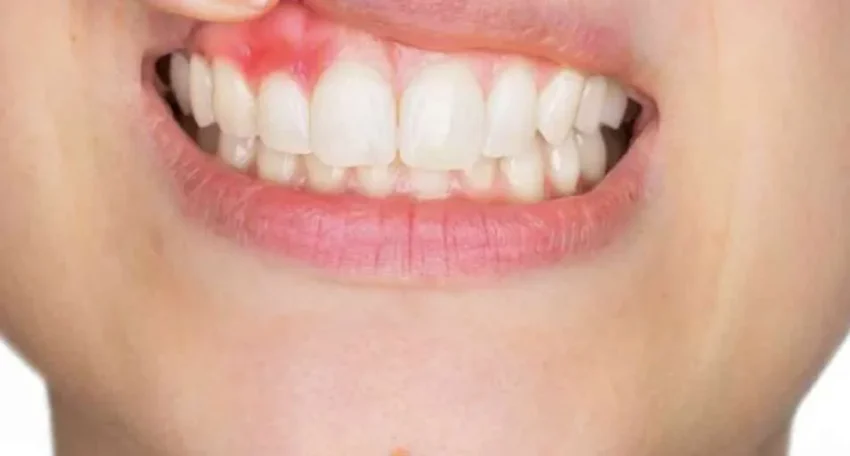Maintaining healthy gums is just as important as keeping your teeth clean and cavity-free. While general dentists can handle most routine dental care needs, certain gum-related issues may require the expertise of a periodontist—a dental specialist trained to diagnose and treat conditions affecting the gums and supporting structures of the teeth.
Knowing when to seek help from a periodontist Abu Dhabi is crucial to preventing serious oral health issues like gum disease, bone loss, and even tooth loss. These specialists offer advanced procedures and care plans to ensure long-term dental wellness.
What Is a Periodontist?
A periodontist is a dental professional who specializes in the prevention, diagnosis, and treatment of periodontal (gum) disease, as well as the placement and maintenance of dental implants. They receive additional years of training beyond dental school focused on gum biology, surgical techniques, and implantology.
Periodontists are highly skilled in performing both non-surgical and surgical treatments to manage gum health, repair soft tissues, and preserve or replace teeth.
Signs You Should See a Periodontist
Many patients are referred to a periodontist by their general dentist, but you can also schedule a consultation directly if you notice the following signs:
1. Persistent Bad Breath
Chronic halitosis, or bad breath, can indicate the presence of bacterial infections in the gums or deeper tissue—conditions that require periodontal treatment.
2. Red, Swollen, or Bleeding Gums
Healthy gums are firm and pink. If your gums bleed while brushing or appear inflamed, it may be an early sign of gingivitis or more advanced periodontal disease.
3. Receding Gums
Gum recession exposes the roots of your teeth, making them sensitive and more prone to decay. A periodontist can assess the severity and offer treatment to prevent further damage.
4. Loose or Shifting Teeth
Advanced gum disease affects the bone supporting your teeth, which may cause teeth to loosen or shift out of alignment. This is often a sign of periodontitis, requiring immediate attention.
5. Pain When Chewing
Discomfort or pain while eating could indicate infection or inflammation in the supporting gum structures. A periodontist can identify the root cause and recommend an effective treatment plan.
6. Family History of Gum Disease
Genetics play a role in susceptibility to periodontal disease. If you have a family history of gum issues, regular periodontal evaluations are recommended.
What to Expect During a Periodontist Visit
The initial visit typically involves a comprehensive examination and medical history review. Here’s what you can expect:
1. Detailed Gum Assessment
The periodontist will measure the depth of your gum pockets (the spaces between your gums and teeth) using a small probe. Deeper pockets can signal gum disease.
2. X-rays or Digital Imaging
Imaging helps assess bone loss and detect infections that aren’t visible during a regular examination.
3. Treatment Plan
Depending on the severity of your condition, the periodontist may recommend non-surgical treatments such as scaling and root planing or more advanced procedures like flap surgery, bone grafts, or tissue regeneration.
Common Treatments Provided by Periodontists
– Scaling and Root Planing
A deep cleaning procedure to remove plaque and tartar from below the gumline and smooth root surfaces to promote healing.
– Gum Graft Surgery
A procedure to restore receded gum tissue by transplanting healthy tissue from another part of your mouth.
– Pocket Reduction Surgery
This involves lifting the gums to clean deep pockets and then repositioning them for better healing and easier maintenance.
– Dental Implants
If you have lost a tooth due to gum disease or injury, a periodontist can place dental implants to restore function and aesthetics.
– Bone Grafting
Used to rebuild bone in areas where it has been lost due to periodontal disease or tooth extraction, often a prerequisite for implant placement.
Maintaining Gum Health After Treatment
Following any periodontal procedure, maintenance is critical to prevent recurrence. Patients should:
- Follow daily oral hygiene practices, including brushing and flossing
- Attend regular follow-up visits for periodontal maintenance
- Avoid smoking, which hinders gum healing
- Manage systemic conditions like diabetes that may affect gum health
Conclusion
Early detection and treatment of gum problems are key to preserving your oral and overall health. Whether you’re experiencing symptoms or have been advised by your dentist, seeing a periodontist Abu Dhabi can make a significant difference. These specialists provide expert care that goes beyond general dentistry, offering targeted solutions for gum disease and dental implant placement. With proper treatment and ongoing maintenance, you can enjoy a healthier smile for years to come.

